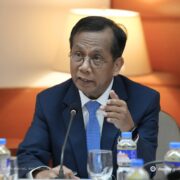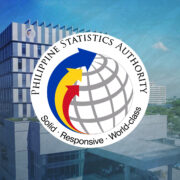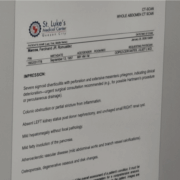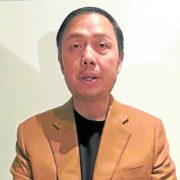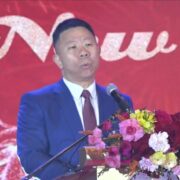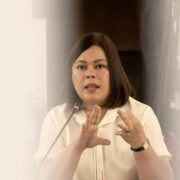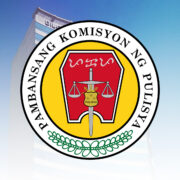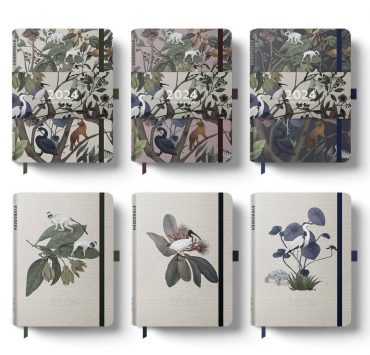PH now 4th in world’s best sites for clean energy investments
The Philippines flew six places up to number four in the world’s most attractive developing economies for clean energy investments amid “strong” government targets for the sector and with foreigners now having more freedom to kick-start projects.
The country entered the top five for the first time in 12 years, just behind India, Mainland China and Chile, in BloombergNEF’s (BNEF) Climatescope report. The global research firm provides an analysis of clean energy progress and attractiveness across 110 developing economies.
The report cited the Philippines’ net-metering schemes, offshore wind roadmap and “strong targets” for renewable energy as among the reasons for the jump.“Over the past two years, the Philippines’ significant progress in transitioning to renewable energy propelled the market into Climatescope’s top five,” BNEF said in its report released last Nov. 29.
To recall, the Department of Energy (DOE) bid out 11.6 gigawatts (GW) of renewable energy capacity in its second Green Energy Auction held in July. Of this, only 3.4 GW received commitments from various developers that vowed to make 1.2 GW available by 2025 and 2.2 GW by 2026.
Liberalization in effect
The report likewise cited the lifting of the foreign ownership restriction on renewable energy projects as a significant development in the country’s clean energy sector.
BNEF noted that in 2022, clean energy investment in the Philippines grew by 41 percent to $1.34 billion.
The DOE welcomed the development, saying that “these were made possible through various synergies and whole-of-government approach in the implementation of energy policies and programs that President [Marcos] has strongly pushed.”
Last year, the government announced its goal of increasing the share of renewables in the energy mix from the current 22 percent to 35 percent by 2030 and then to 50 percent by 2040.
BNEF noted, however, that the Philippines was also among 57 markets across the globe that have yet to reach half of its renewable energy targets.
“Accelerating clean energy investment in developing economies is among the most important challenges facing the international community today, and a combination of smart policymaking and multilateral support will be needed,” said Luiza Demoro, BNEF head of energy transitions. INQ


